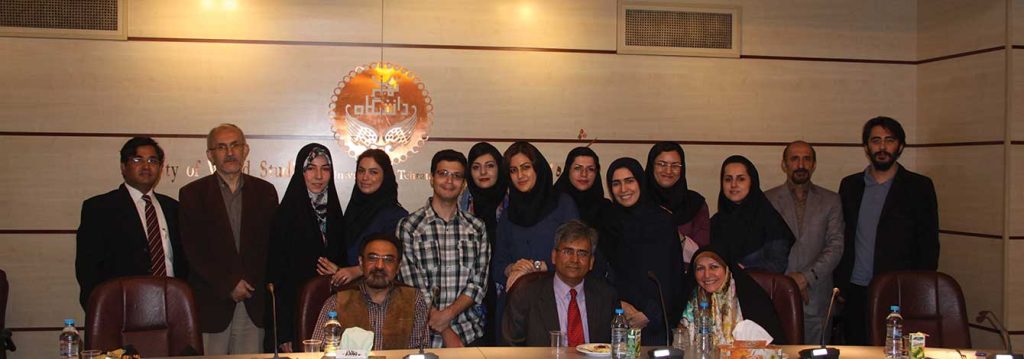رشته مطالعات هند - دانشکده مطالعات جهان fws

Background of Indian Studies
India is a country with a civilization and culture that dates back over three thousand years. Two major religions, Buddhism and Hinduism, originated in this region. The country also has the third-largest Muslim population in the world. There are eighteen official languages and thirty-five commonly spoken languages. It is one of the largest countries in terms of population, as well as diversity, with numerous ethnic groups, communities, and sects, which have fostered a unique form of coexistence. This has laid the groundwork for one of the most successful models of democracy in the non-Western world. Economically, according to predictions by leading global economic organizations, India is on track to become one of the world’s largest industrial nations. Furthermore, with its growing economic power and advancements in nuclear energy and military technology, India holds significant importance in global affairs. Indian representatives work to enhance their standing in international organizations, such as the United Nations, by emphasizing their political and economic advantages, and they continue to advocate for a permanent seat on the Security Council.
India, as one of the main leaders in the struggle against colonialism, brought an end to the myth of the eternal British Empire in 1947 through a peaceful revolution and gained independence. India's position in the Indian subcontinent has further emphasized its importance in international relations. Its proximity to Iran and its strategic position in Asia have made India even more significant for Iran. The history of Iran-India relations stretches back centuries, as, before the creation of Pakistan, Iran and India shared a border. India was a founding member of the Non-Aligned Movement and holds a special place among its members. Over time, the political, social, and cultural dynamics have shaped Iran-India relations, but in every circumstance, both countries have always held this relationship in high regard. Indian Studies and Indology provide a suitable platform for the introduction and awareness of the history, civilization, political system, and social and cultural structure of this country, offering the necessary conditions for further research and studies in this field.
The Field of Indian Studies
Indian Studies is an interdisciplinary field. As such, it incorporates various branches of the humanities in its design. The field aims to train specialists for national and international cultural, social, and political organizations and institutions, both private and public, which are involved in executive, research, and educational activities. The program also seeks to strengthen and expand cultural, social, and political studies and research related to India.
